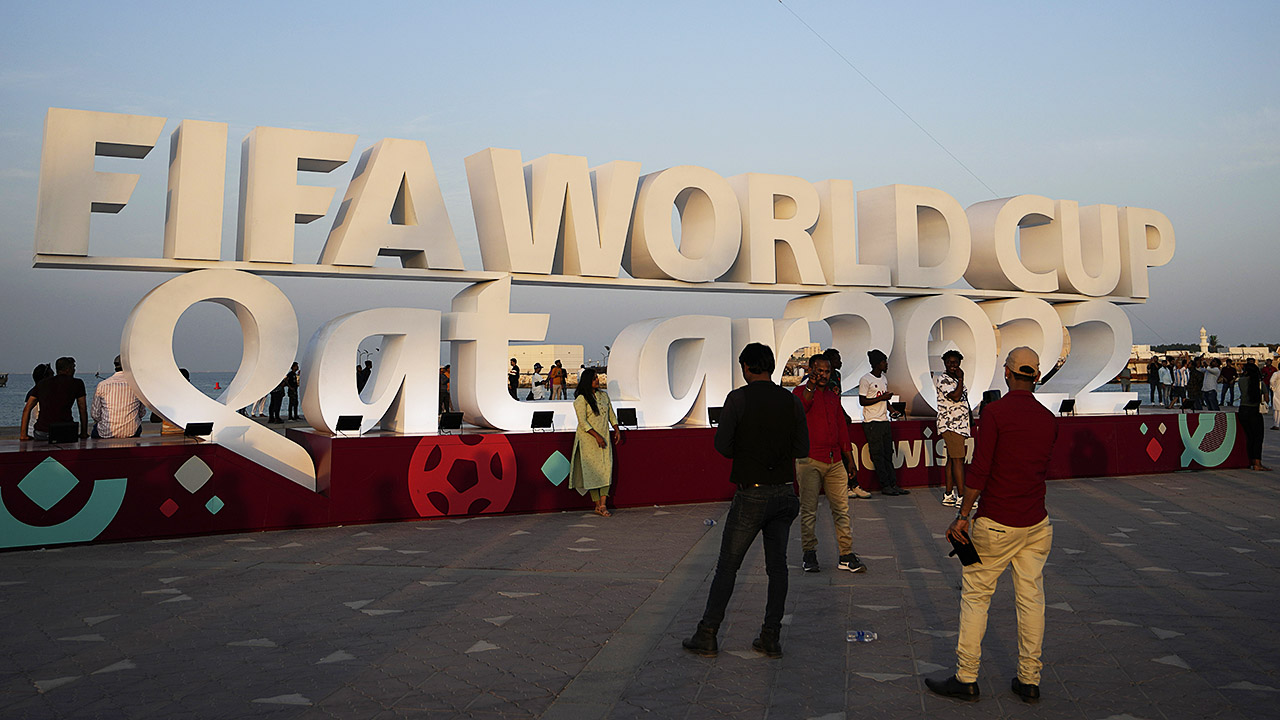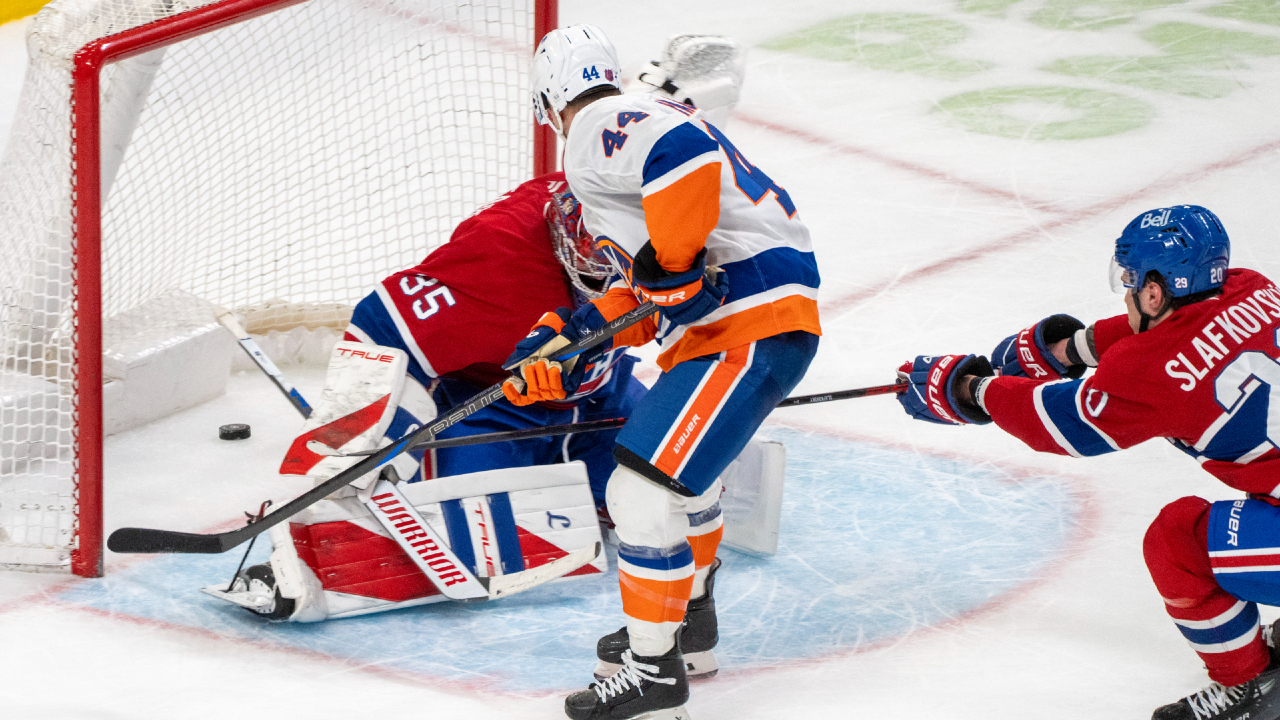
There is not a sporting event in the world that is more meaningful and important, that elicits as much emotion and passion from more fans around the globe than the FIFA World Cup.
Soccer is truly a global game. It is the world’s most popular sport, played in every part of the planet. In sporting terms, soccer is the language of the world, removing all obstacles and boundaries between people of different ethnicities, races and socio-economic backgrounds.
As such, the World Cup is the ultimate cultural representation of expressing oneself in this universal language, making it the biggest sporting event in the world, surpassing even the IOC’s Olympics. It’s why billions of viewers from every country are expected to watch some part of the 2022 FIFA World Cup in Qatar that kicks off on Sunday.
The power of national representation is, by no means, unique to soccer. But the World Cup manages to elicit a more passionate, fervent and almost religious-like following from more fans around the world than any other event.
“Football is a universal language that we speak with different accents,” explained Tim Vickery, a Rio-based soccer journalist.
“The biggest patriotic act that most people engage in is cheering on their team during the World Cup. It reaches people who have no interest in football otherwise. It reaches them at a profound level because it is their country and their people being represented in the eyes of the rest of the world.”
For the next month, the sport’s biggest icons — from veterans Lionel Messi and Cristiano Ronaldo to young superstars Kylian Mbappé and Pedri — will take centre stage and play for their respective countries during a historic tournament in the Middle East. Qatar represents the new frontier for FIFA, an opportunity to puff out its chest and expand the game’s indelible footprint in a part of the world where not even the Olympics has gone before.
But all is not sweetness and light, and a sour taste lingers in the mouth about this World Cup. Twelve years have passed since Qatar won the right to stage this tournament via a FIFA bidding process marred by allegations of bribery and corruption. Controversy over the tiny Gulf nation’s selection as host continues to rage on for a variety of reasons.
While football will be front and centre at the World Cup once the opening match kicks off, an ongoing and important dialogue will continue to take place over Qatar’s moral fitness to host such an event. Thousands of migrant workers lost their lives in the frenzy of building seven new stadiums for the World Cup, while the country’s laws making homosexuality illegal are obvious flashpoints of controversy. Questions over Qatar’s egregious track record when it comes to human rights are sure to cast a pall over this World Cup.
In what can only be described as a laughable attempt at trying to quell the controversy and switch the conversation, FIFA president Gianni Infantino on Saturday told a press conference in Doha that he understood what it was like to be discriminated against after being bullied for his red hair and freckles as a child while growing up as the son of poor Italians who went to Switzerland in search of a better life.
“Today, I feel Qatari. Today, I feel Arab. Today, I feel African. Today, I feel gay. Today, I feel disabled. Today, I feel a migrant worker,” Infantino said with a straight face.
No, Mr. Infantino. You might feel that way, but you’re not any of those things, and your false equivalencies equating childhood bullying over red hair to racial and sexual discrimination were not only ill-received but went far beyond the pale. Whatever you and your advisors thought you might have gained by uttering such an ill-conceived statement didn’t come close to having the desired effect if the mocking you’re receiving from all over the world is any indication.
Infantino’s tone-deaf comments came less than 24 hours after the World Cup suffered another embarrassment when FIFA announced that Qatar had banned the sale of beer and alcohol in all World Cup stadiums. This World Cup is the first to be staged in a conservative Muslim country that prohibits the consumption of alcohol in public. Qatar won the hosting rights in 2010, so it had more than a decade to sort this out. Instead, it left it to the 24th hour, leaving millions of fans who have descended on the arid Gulf state high and dry.
It should be noted that the Qataris won the right to host this tournament, in part, because they promised beer would be served at its stadiums during the tournament. Now, they’ve backtracked, which raises the question as to who’s actually running the show here: Qatar or FIFA?
“I feel 200 per cent in control of this World Cup, absolutely,” Infantino stated.
But clearly, he’s not, otherwise thirsty fans would be able to buy a cold pint of brew while watching the game.
Setting aside the moral quagmire that soccer fans will have to tread through over the next four weeks, this World Cup is special for fans in this country as it marks the return of the Canadian men’s team to the big dance for only the second time in its history.
In 1986, an unheralded Canadian side comprise of players that most people had never heard of marked its World Cup debut in Mexico, going toe-for-toe with France — led by a ‘golden generation’ of stars such as Michel Platini, Alain Giresse and Jean Tigana — before ultimately succumbing 1-0. But Canada wilted in the hot, baking sun of Mexico, suffering consecutive shutout losses to the Soviet Union and Hungary as it went home early without even scoring a goal.
Thirty-six years later, a Canadian men’s team teeming with exciting young players and a coach in John Herdman, who is a master motivator, are back at the World Cup and ready for action. Belgium, Croatia and Morocco present stiff challenges for the Canadian upstarts. But if Herdman has proven anything during his more than four years in charge, it’s that he can inspire his team to greatness. This Canadian side, buoyed by the considerable talents of Alphonso Davies, Jonathan David and Stephen Eustáquio, plays with a sense of fearlessness and attacking bravado, the likes of which fans in this country have never before witnessed.
Win, lose or draw, the rest of the world will soon find out at this World Cup what so many Canadian fans already know: Canada is a soccer nation.
And for those fans watching from home in Canada, they can at least raise a glass while watching their team take the field.








